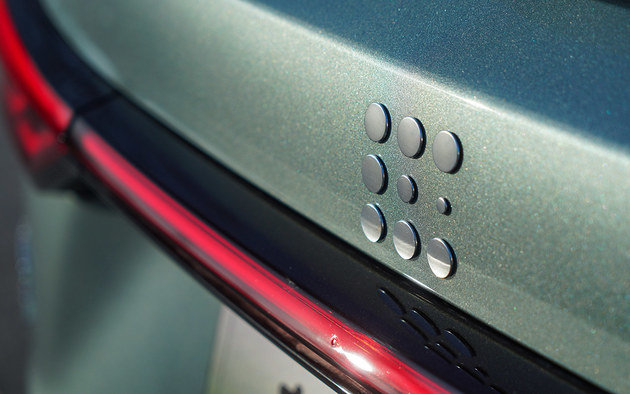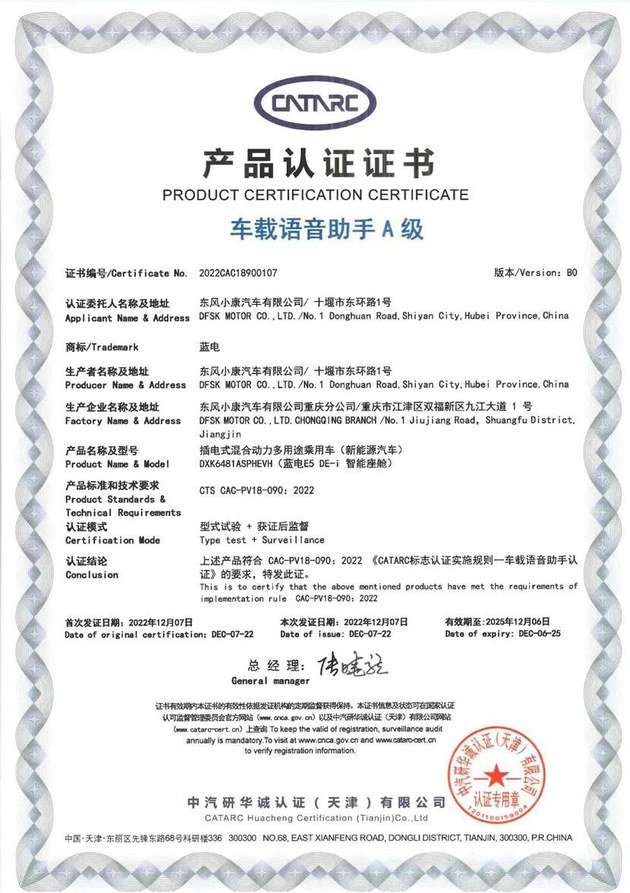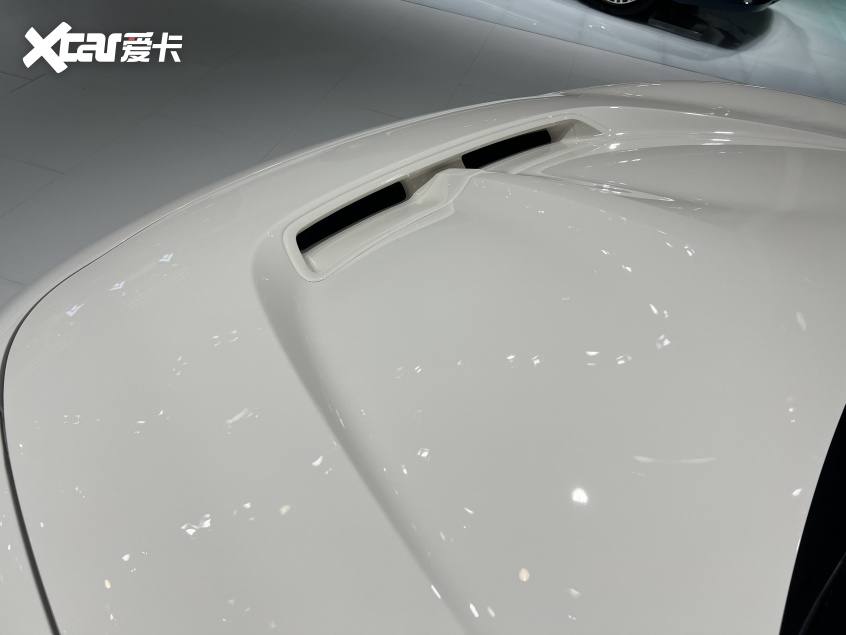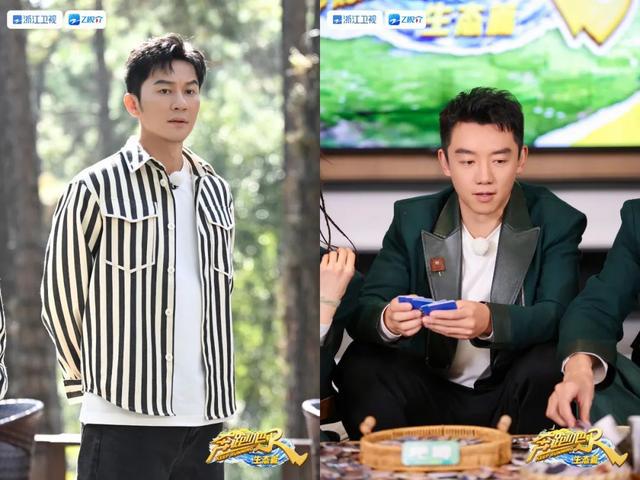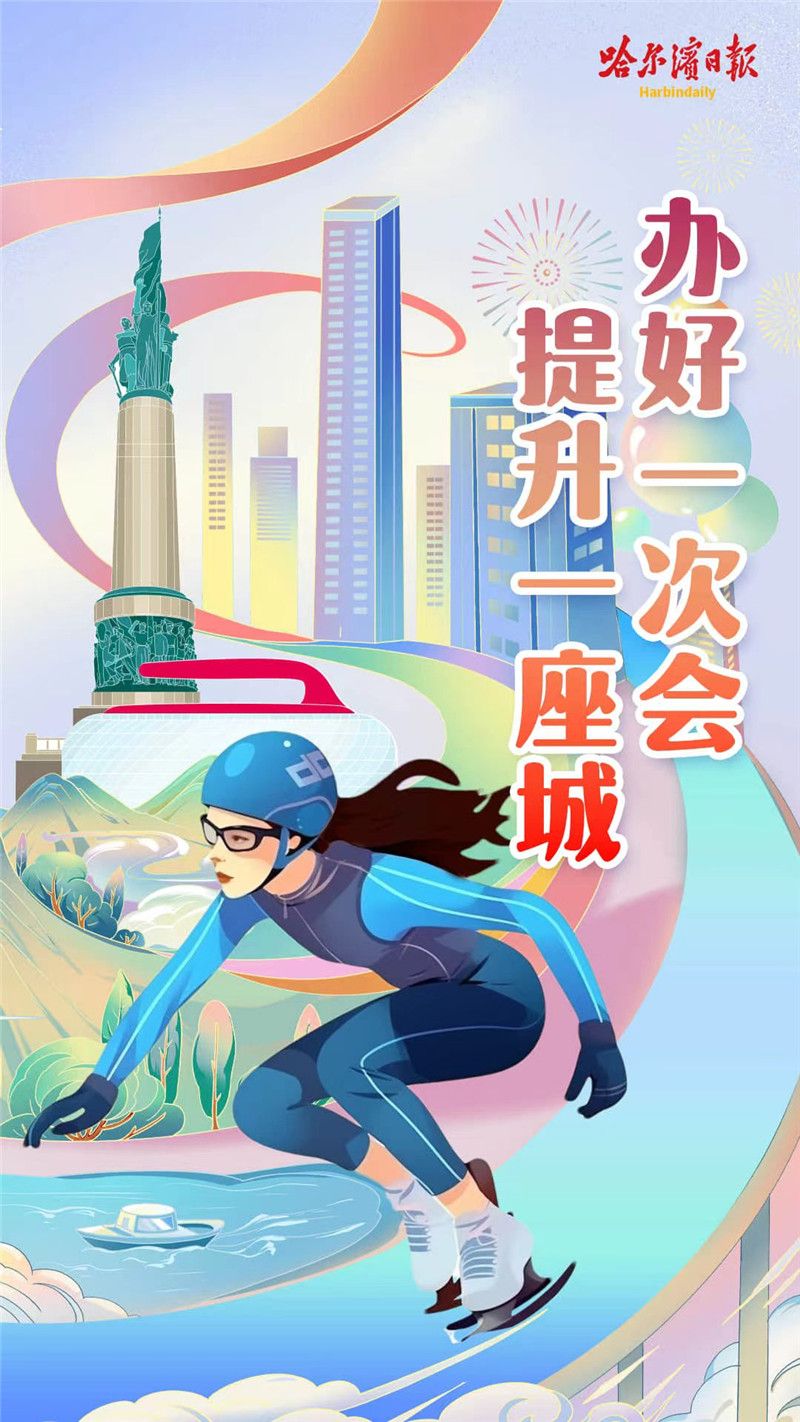[Autohome Jinhua Discount Promotion Channel] brings you the latest preferential information! At present, this luxury SUV is conducting a strong promotion in Jinhua area, with a maximum discount of 135,000 yuan, bringing real economic benefits to car buyers. The starting price has been reduced to 242,700 yuan, which is currently a very competitive price in the market. If you are interested in the Cadillac XT5, be sure not to miss this rare price reduction opportunity, click "Chatti Car Price" in the quotation form, and act now to get higher discounts, so that your car purchase dream is within reach.

The exterior design of the Cadillac XT5 shows the perfect blend of elegance and power. On the front face, it uses a family-style shield-shaped air intake grille, which is decorated with chrome trim to make it more textured, and with sharp LED headlights, it creates a strong visual impact. The body lines are smooth, and the overall style is strong and strong, reflecting the aura of a luxury SUV. The waist line design on the side of the body highlights the sense of power, while the tail adopts a unique and delicate taillight design, which together create a highly recognizable appearance image of the XT5.

The Cadillac XT5 is designed with its elegant side lines, with a body size of 4813mm*1903mm*1682mm and a wheelbase of 2857mm, ensuring spacious interior space and excellent driving stability. The front and rear track are 1645mm, reflecting precise handling performance. The tire size is 235/65 R18, and the classic wheel design not only enhances the driving texture, but also enhances the visual impact of the vehicle.

The Cadillac XT5 interior is exquisite, with luxury and technology as the main tone. The steering wheel is made of genuine leather, providing a good grip. It supports manual up and down + front and rear adjustment, which is convenient for the driver to adjust according to needs. The central control screen is 8 inches, equipped with an advanced automatic speech recognition control system, which is convenient for users to operate multimedia, navigation, telephone and air conditioning functions. The seats are made of imitation leather and genuine leather, which not only feels comfortable to touch, but also supports multi-directional adjustment, including front and rear, backrest, high and low and waist support, ensuring the comfort of long-distance driving. The driver’s seat is also equipped with a power seat memory function to meet individual needs. For passengers, the second row of seats can also be adjusted back and forth and backrest adjustment, providing flexible space. The rear seats support proportional reclining, and the expansion space is very practical. The overall design takes into account both practicality and luxury, reflecting Cadillac’s pursuit of high quality.

The Cadillac XT5 is equipped with a 2.0T turbocharged engine that can release an amazing 237 horsepower and a maximum torque of 350 Nm. This powerful power source and 9-speed automatic transmission provide smooth power transmission and driving pleasure. Whether it is city driving or long-distance travel, it can fully demonstrate the power performance of the XT5.
Summarizing the evaluation of car owners, the exterior design of the Cadillac XT5 is undoubtedly one of its highlights. It successfully integrates the sporty atmosphere and luxury of the Cadillac brand, showing its unique charm from any angle. In the same level of competition, such an exterior design has undoubtedly won it high recognition and appreciation.













